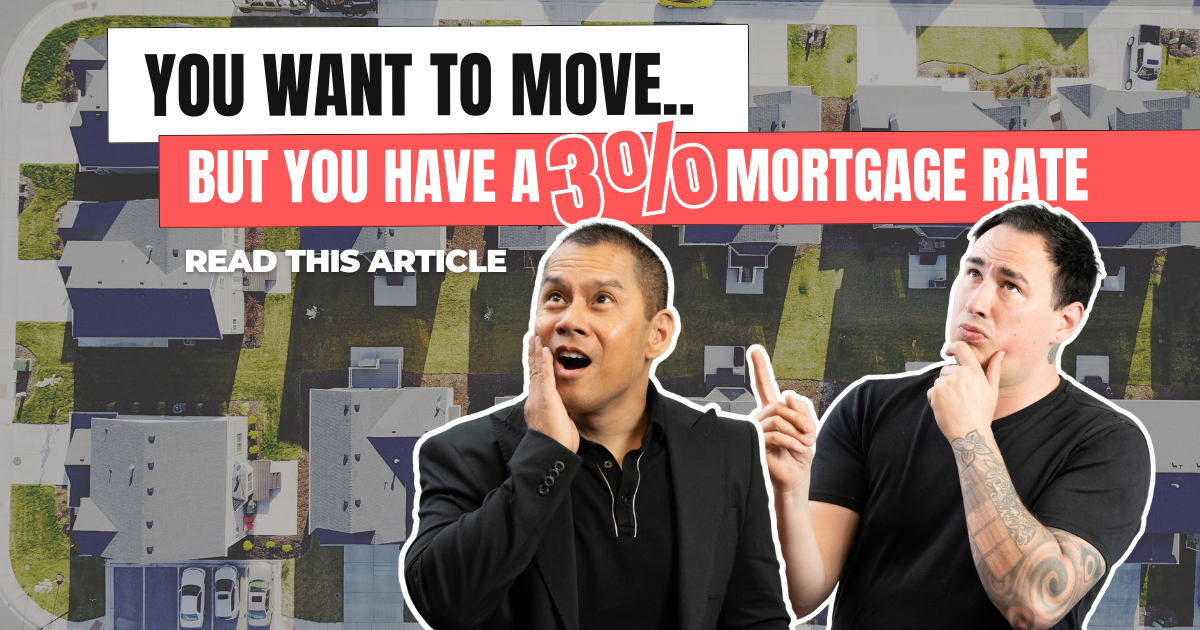In today's real estate market, many homeowners are facing a dilemma: they’d like to move—but they’re holding onto a mortgage rate around 3%. Understandably, that rate feels like gold. But is it the only thing that should drive the decision to stay or go?
Life Changes Drive Moves—Not Just Interest Rates
While financial factors matter, most people don’t move because of rates—they move because of life. Maybe it’s a growing family, an empty nest, a new job, or retirement on the horizon. These life events often demand a different layout, location, or lifestyle that the current home simply can't provide.
If the current home still works and nothing’s changing in the next few years, it might make sense to stay. But for those feeling cramped, out of sync with their space, or anticipating a shift in lifestyle, it's worth examining the full picture.
What Waiting Could Cost You
Home prices are projected to rise steadily over the next five years. That growth may not be dramatic from year to year, but it compounds quickly.
Take this example: A $400,000 home today could cost around $480,000 in five years if appreciation trends continue. That’s an $80,000 increase—potentially making the move you want down the road significantly more expensive.
While interest rates may ease slightly, experts don’t foresee a return to the ultra-low 3% range. Projections suggest rates will hover in the 5–6% range for the foreseeable future.
When Staying Might Still Be the Right Call
Of course, keeping a 3% mortgage isn’t just about the rate—it could be part of a broader financial plan. For instance:
Job uncertainty or tight finances? Staying put provides stability and predictable monthly expenses.
Thinking about turning your home into a rental? A low rate could offer great cashflow potential.
Emotional equity matters too—maybe you’ve renovated your space or built deep roots in the neighborhood.
Nearing retirement or planning to pay off your mortgage? Avoiding new debt might align better with long-term goals.
Property taxes could also spike with a new home purchase, especially in areas where buying resets your tax base.
Making the Right Move—Or the Right Choice to Stay
The key is understanding that this decision shouldn’t come from a place of feeling stuck. It's about clarity—knowing your options and weighing them carefully. Running the numbers now, even if you don’t plan to move right away, can help you make a smarter, more confident decision later.
By comparing scenarios, projected appreciation, and aligning those with your lifestyle needs and financial goals, you can decide whether moving—or staying—is the best next move.
In the end, the right time to move isn't just about the market—it's about your life.


